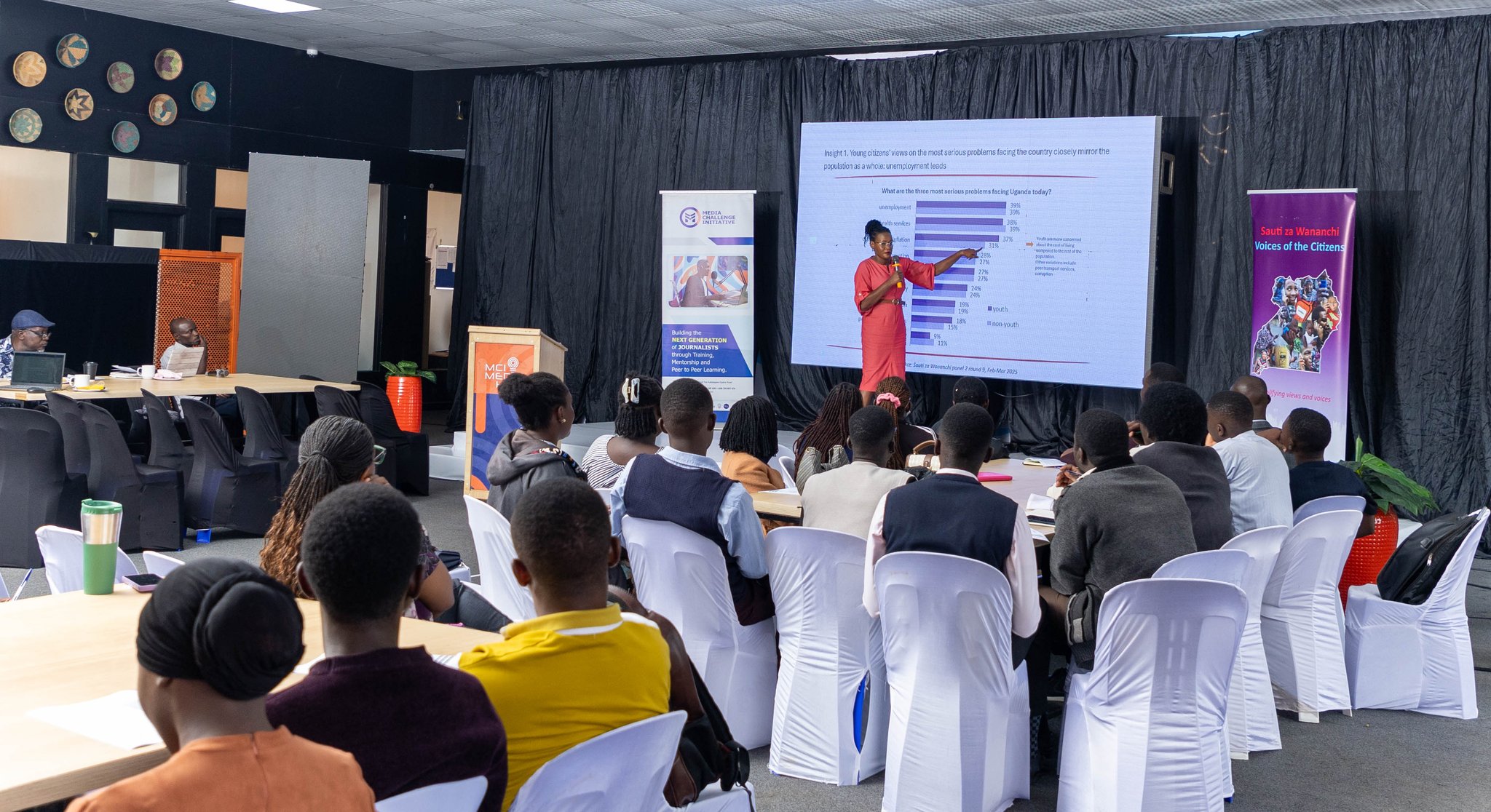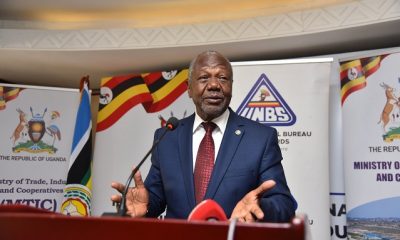Analysis
Unemployment Tops Concerns for Young Ugandans, New Study Finds
Unemployment is the single biggest concern for Uganda’s youth, according to a new study that underscores the deep frustrations of young people grappling with limited opportunities in the job market.
The report, Young Ugandans’ Voices, released by research organisation Twaweza through its Sauti za Wananchi mobile phone survey, reveals that 39% of Ugandans aged 18–29 cite unemployment as the country’s most pressing problem. Interestingly, this mirrors the views of the broader population, where 39% of non-youth also rank joblessness as the top national challenge.
Health services follow closely, with 38% of young people and 39% of older citizens identifying them as a major issue, while the rising cost of living emerges as another significant worry, especially among youth who are more likely to feel its impact than older Ugandans.
The study highlights striking regional variations in priorities. Youth in Greater Kampala (49%), Central (46%), and Eastern (46%) regions are more likely to list unemployment as their top concern. In contrast, young people in the Western (40%) and Eastern (54%) regions point to health services as a more urgent issue. Hunger and drought weigh heavily on youth in the Eastern (33%) and Northern (38%) regions, but remain minor concerns for Kampala youth (6%).
Education quality, as well as land and property issues, do not rank among the biggest problems for young people in Kampala.
The findings reveal tough realities in the job market. Four out of ten youth aged 18–24 (41%) said they are not employed, citing lack of education and scarcity of opportunities as the main reasons. Young people are also more likely to take up casual jobs and less likely to engage in agriculture or run their own businesses compared to older citizens.
Even those with jobs report less fulfilment. Only 36% of employed youth said they were satisfied with their current work, far below the 49–53% satisfaction levels reported among older workers.
Government Performance and Civic Engagement
On government performance, both young and older citizens share a critical view. A majority across age groups said the government is doing poorly in job creation, price stability, and fighting corruption. However, youth in Northern Uganda expressed slightly more positive assessments compared to their peers elsewhere.
The report also shows that young Ugandans are less engaged in civic life. Just 63% said they had attended a community meeting in the past year, compared to higher levels of participation among older citizens. Those who attended were also less likely to actively contribute.
Radio remains Uganda’s most relied-upon medium for information, but young people are increasingly turning to digital platforms. One in four youth (27%) uses social media, far outpacing older generations. WhatsApp and Facebook dominate as the most popular platforms, followed by TikTok. Still, the majority of youth 73% do not use social media at all.
The Twaweza study paints a sobering picture of Uganda’s youth: a generation deeply concerned about unemployment, struggling with low job satisfaction, and navigating uneven opportunities across regions. Yet it also highlights the growing role of digital media as a space where young Ugandans connect, express themselves, and potentially shape the country’s future.
Comments



























